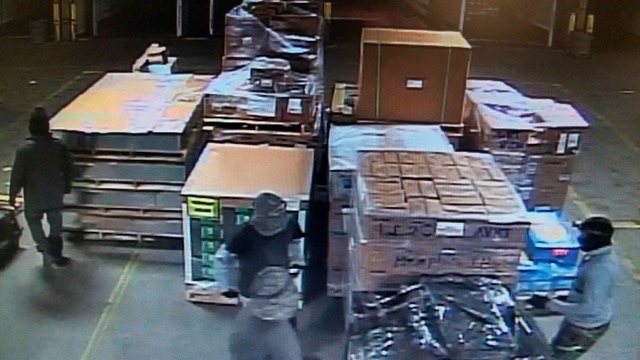Brand Integrity: Keeping your M&A Valuation from Being Stolen
For companies such as Apple and Coca-Cola the brand is 80% of their book value — arguably their biggest asset. Even for other companies, damage to their brand can severely affect their valuation. Pharmaceutical company Roche saw its market cap plunge by $450 million in less than 48 hours when its new cancer drug was counterfeited.
Counterfeiters can not only damage your brand’s image (and therefore, value) but (depending on the industry) can even kill your customers, opening up a Pandora’s box of litigation and liabilities. Companies need to implement counter-illicit trade policies and procedures to protect their brands. Never is this need more acute than at M&A time.
Valuation is everything during a merger or acquisition — for both parties: the purchaser, who is likely paying a premium for a brand or another company’s distribution network within a coveted target market, wants to ensure that their investment is protected; the company being acquired wants to command the highest price possible.
But what happens when one brand has excellent illicit trade mitigations strategies, and the other does not? Illicit “night shift” production or diversion along the supply and distribution chains can damage the value of both companies. To avert this, a thorough supply and distribution chain vulnerability assessment must be undertaken of both companies in the deal, and the risk mitigation policies must be brought into parity.
This is a particular area of expertise for Asymmetrica. Call us for help with your next M&A.
![]()



